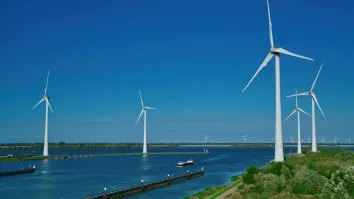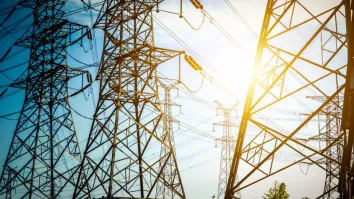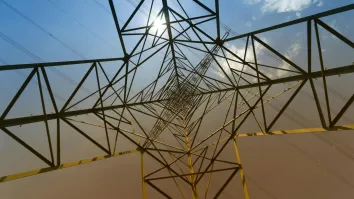
Asia Pacific's decarbonisation costs could hit $3.5t in 2040: report
Costs of solar, wind and storage projects could decline over 3% annually over the next decade.
The Asia Pacific region’s decarbonisation bill could hit $3.5t by 2040, according to research by Wood Mackenzie. This includes investments in solar, wind, hydrogen, nuclear, and hydropower, collectively referred to as zero-carbon energy between now and 2040, under Wood Mackenzie’s accelerated transition scenario.
The majority of Asia Pacific’s decarbonisation bill will come from the power and transport sectors, as both accounted for over 50% of the region’s carbon emissions last year. “This significant shift requires investment and support from all stakeholders especially China and India,” Wood Mackenzie said.
Prakash Sharma, head of markets and transitions in Asia Pacific, said: “In our base case, we forecast the share of zero-carbon energy increasing from 8% in 2018 to 17% in 2040. In our accelerated transition scenario case for Asia Pacific, we forecast the share of zero-carbon energy reaching 35% by 2040 with green hydrogen capturing up to 3% in the mix.”
Energy demand in the region is expected to grow 15% from 2019 to 6,800 million tons of oil equivalent in 2040. Currently, net fossil fuel imports account for 25% of the region’s demand. Despite ambitious government targets, national oil and gas companies have been struggling to ramp up oil and gas production.
Wood Mackenzie Asia Pacific vice chair, Gavin Thompson, said: “The situation is set to change as the region grapples with severe air pollution and the demands of energy transition. The question is how can Asia Pacific ensure stable energy supply growth and yet be on track on the decarbonisation bill?”
The region currently has 540GW installed capacity for solar and wind and is expected to add 1,528GW over the next two decades. This makes Asia Pacific the largest market for new solar and wind installations in the world by 2040, driven by rapidly growing power demand and a strong desire to decarbonise the energy mix and control air pollution.
Wood Mackenzie expects the levelised cost of solar, wind and storage projects to decline more than 3% annually over the next decade thereby further improving its competitiveness compared to the conventional technologies.



















 Advertise
Advertise







